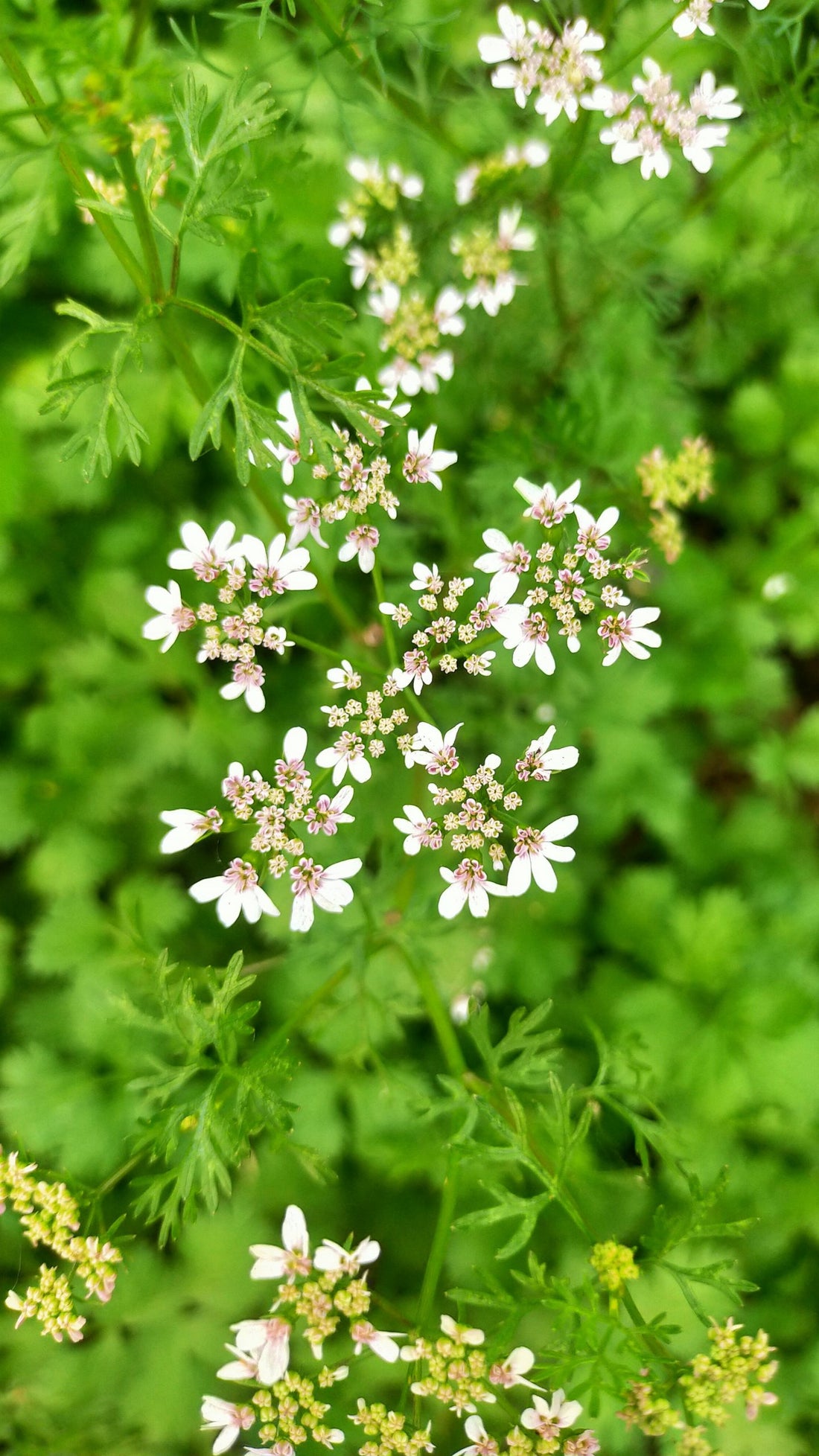Coriander Seed (Coriandrum sativum) Essential Oil
In the realm of essential oils, there exists a treasure trove of aromatic wonders, each with its unique bouquet of benefits. Among these, coriander seed essential oil stands out as a potent elixir celebrated for its therapeutic properties and captivating scent.
Extracted from the seeds of the Coriandrum sativum plant, coriander seed essential oil boasts a rich history dating back centuries. Renowned for its culinary uses in various cuisines worldwide, coriander seeds hold a special place not only in kitchens but also in traditional medicine practices across cultures.
The oil derived from these humble seeds carries a distinct aroma that blends spicy, citrusy, and slightly sweet notes, making it a versatile addition to aromatherapy blends and skincare products. Its warm and inviting scent has a calming effect on the mind, promoting relaxation and mental clarity.
One of the most notable features of coriander seed essential oil is its potential to support digestive health. With its carminative properties, it aids in relieving bloating, gas, and indigestion, providing comfort after a hearty meal. Additionally, it may help stimulate appetite and improve overall digestion.
Keywords:
- Calming while gently stimulating
- Warming
Benefits for mental wellness:
- Mental fatigue
- Emotional exhaustion
Aroma:
- Warm
- Slightly sweet
- Slight spicy
Key chemical constituents and their benefits for mental wellness:
- Linalool: This compound contributes to the oil's floral and citrusy aroma and possesses calming and sedative properties.
- α-Pinene: A common terpene found in many essential oils, α-pinene has anti-inflammatory and bronchodilator effects, making it beneficial for respiratory health
- γ-Terpinene: Known for its antioxidant properties, γ-terpinene helps protect cells from oxidative damage and supports overall health and wellness.
- Geranyl acetate: This compound adds a fruity and floral scent to the essential oil and is valued for its calming and mood-enhancing effects.
- Borneol: Borneol has antiseptic and analgesic properties, making it useful for relieving pain and promoting wound healing.
- Limonene: Limonene contributes to the oil's citrusy aroma and possesses antimicrobial properties, helping to fight off bacteria and other pathogens.
- Geraniol: Geraniol lends a rose-like aroma to the essential oil and has been studied for its potential anti-inflammatory and antioxidant effects.
- Camphor: Camphor has a cooling sensation and is often used topically to relieve pain and itching.


